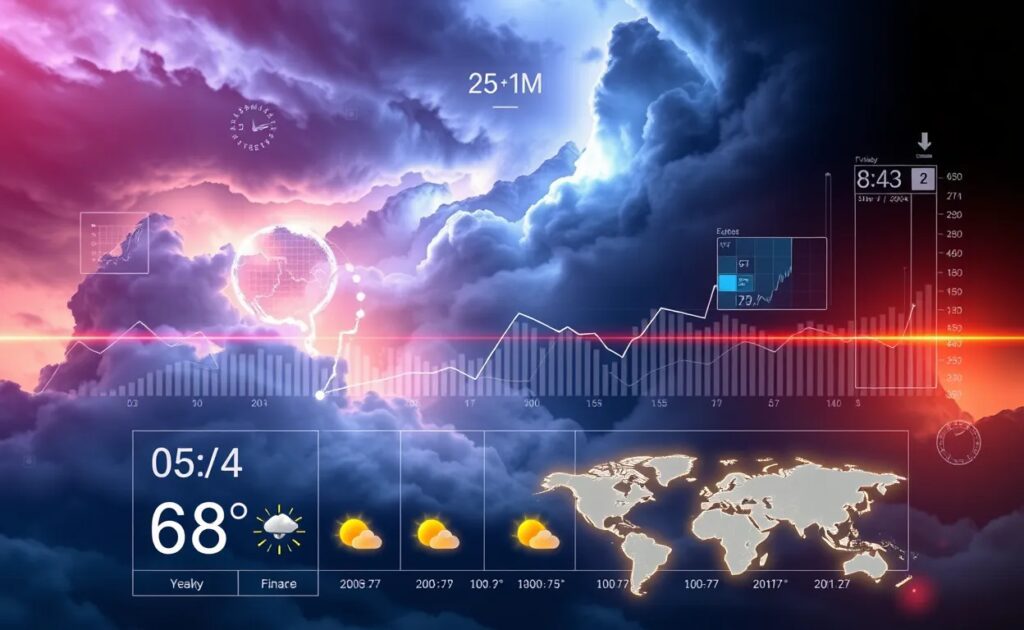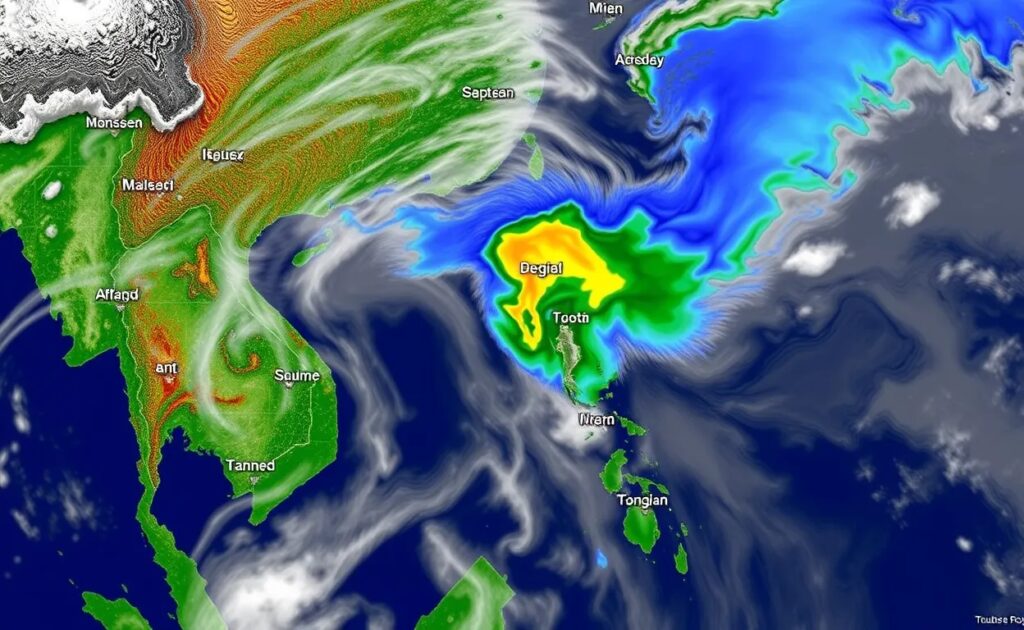
Weather forecasting just leveled up. Google’s AI-powered platform, GenCast, promises pinpoint weather predictions up to 15 days in advance—a remarkable leap in meteorology.
With climate change amplifying unpredictability, this innovation might be a game-changer.
Why Accurate Weather Forecasts Matter
From farmers planning crops to airlines scheduling flights, weather impacts every sector. Yet, even the best tools have struggled with long-term precision. Traditional weather models rely on physics-based simulations, but their accuracy drops beyond a week. Enter GenCast, merging machine learning and real-time data for unprecedented foresight.

How Does GenCast Work?
Google’s DeepMind AI and climate modeling experts collaborated on GenCast. The system combines:
- Massive datasets: Satellite images, ground sensors, and oceanic data.
- Deep learning algorithms: Identifying patterns missed by traditional models.
- Advanced computing power: Running predictions faster than ever.
The result? Hyper-local forecasts with increased reliability, even in volatile weather zones.
What Sets GenCast Apart?
Unlike older systems that rely solely on physics, GenCast blends physics with predictive AI models. This hybrid approach offers:
- Real-time updates: Continuous learning ensures forecasts adapt to new data.
- Granular insights: Predictions customized down to city blocks.
- Extended accuracy: Reliable forecasts for up to 15 days—double the industry standard.
Applications of GenCast
- Disaster preparedness: Early warnings for hurricanes, floods, or heatwaves.
- Agriculture: Optimizing irrigation schedules and crop cycles.
- Transportation: Avoiding delays caused by unexpected storms.
- Energy: Balancing renewable energy production with weather conditions.
A Step Toward Climate Resilience
GenCast’s innovation isn’t just about convenience—it’s about survival. As the planet faces more extreme weather, tools like this could save lives. By anticipating events earlier, communities can prepare, respond, and recover faster.
The rigorous analysis of GenCast’s performance during its 2019 forecast trials underscores a revolutionary leap in weather prediction. Astonishingly, the model outclassed ECMWF’s finest tools in over 97% of evaluations—an extraordinary statistic that might reshape expectations for meteorological accuracy.
The question remains: could this innovation redefine how we anticipate nature’s whims? Such remarkable outcomes leave little doubt.
Challenges Ahead
Despite its potential, AI-driven forecasting faces hurdles:
- Data gaps: Poorer regions lack infrastructure for detailed data collection.
- Interpretation: Making complex AI predictions accessible to the public.
- Ethics: Avoiding misuse of hyper-local forecasts for profit or manipulation.
The Future of Forecasting
Google’s GenCast could revolutionize how we understand and respond to weather. But it’s also part of a larger movement: leveraging artificial intelligence to solve real-world problems.
If this innovation succeeds, we may soon live in a world where weather surprises are rare, and preparation is the norm.
Learn more about Google’s GenCast and its impact on the future of weather prediction.
Research and Development:
Detailed insights into GenCast’s development and capabilities are available in the research paper titled “GenCast: Diffusion-based ensemble forecasting for medium-range weather.”
Implications for the Future:
GenCast represents a significant leap forward in weather forecasting, offering faster and more accurate predictions. Its integration into operational systems could enhance preparedness for extreme weather events and improve decision-making across various sectors.
For more information, visit Google DeepMind’s official website.